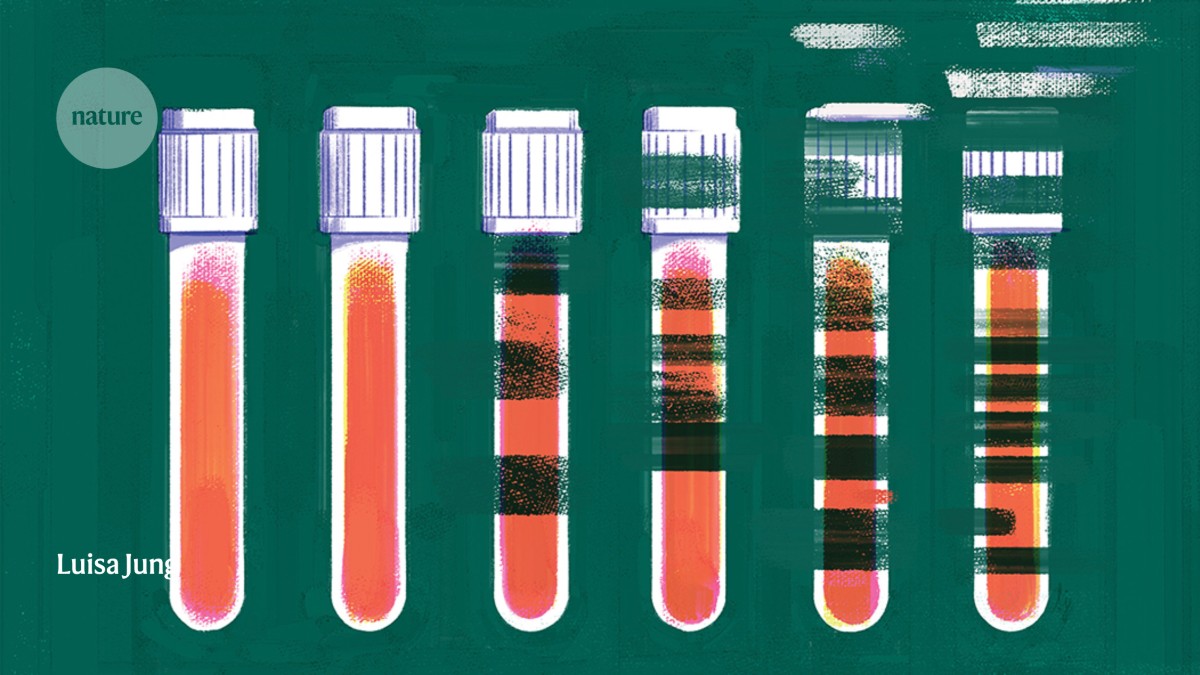
"The first hints that Gregory Nelson might be having cognitive troubles were subtle. So subtle, in fact, that his doctor assured him nothing was wrong. "Everyone who hits a certain age just misses words," Nelson remembers him saying. When Nelson got home, he regretted not pushing harder for a referral. His entire family had noticed changes. Nelson, who is 70, scheduled another appointment and convinced his physician to send him to a neuropsychologist."
"A quicker, simpler path to early diagnosis may be in sight with recently developed blood tests that can indicate whether someone has known markers for Alzheimer's. Unlike other diagnostic tools, such as spinal taps and positron-emission tomography (PET) scans, blood tests are relatively cheap and simple to perform. And they can help differentiate Alzheimer's from other neurodegenerative conditions and medical problems, potentially hastening access to specialists and therapies."
Gregory Nelson noticed subtle cognitive changes that his first physician dismissed as normal aging. Family concern prompted a referral to a neuropsychologist, whose assessment indicated mild cognitive impairment but did not identify a cause. Long waits for specialists prolonged uncertainty and delayed a definitive Alzheimer's diagnosis, increasing anxiety. Newly developed blood tests can identify known Alzheimer's markers, offering a cheaper, simpler alternative to spinal taps and PET scans. Blood-based testing can help distinguish Alzheimer's from other conditions, hasten specialist access and therapies, and allow earlier patient planning and treatment decisions.
Read at Nature
Unable to calculate read time
Collection
[
|
...
]